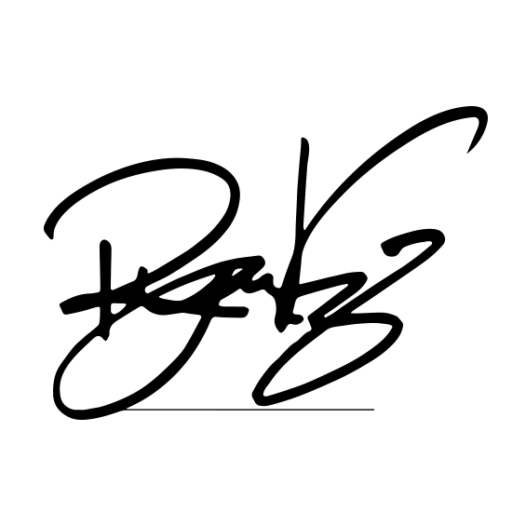The Queen of Scream
When Courtney Love calls you, you answer. We did exactly that recently, when Love—who's been touring in Europe to promote her new scream-o-heavy, double A-sides, "You Know My Name" and "Wedding Day"—called us from her Nottingham hotel in the U.K. Our chat (which lasted for more than an hour) with the enthusiastic, focused, and seemingly very happy Love covered topics such as her getting back into acting; being Riccardo Tisci's first muse; the hopeful Hole reunion; her absolute loathing of flower crowns; being Net-a-Porter's number one client; why she ditched her "social media friend" Miley Cyrus' recent party; and, of course, her cheese addiction. Above all, it seems, Love is set on a comeback. With her slew of forthcoming projects, the self-proclaimed "grande dame of rock" is looking to reclaim the throne.
Special Picks for June
And now that at the proper time and place, after so long and wide a preliminary cruise, Ahab,—all other whaling waters swept—seemed to have chased his foe into an ocean-fold, to slay him the more securely there; now, that he found himself hard by the very latitude and longitude where his tormenting wound had been inflicted; now that a vessel had been spoken which on the very day preceding had actually encountered Moby Dick;—and now that all his successive meetings with various ships contrastingly concurred to show the demoniac indifference with which the white whale tore his hunters, whether sinning or sinned against; now it was that there lurked a something in the old man's eyes, which it was hardly sufferable for feeble souls to see. As the unsetting polar star, which through the livelong, arctic, six months' night sustains its piercing, steady, central gaze; so Ahab's purpose now fixedly gleamed down upon the constant midnight of the gloomy crew. It domineered above them so, that all their bodings, doubts, misgivings, fears, were fain to hide beneath their souls, and not sprout forth a single spear or leaf.
Welcome to Doha
Lorem ipsum dolor sit amet, consectetur adipiscing elit. Proin aliquet magna ac erat faucibus congue. Pellentesque sit amet massa quis nunc imperdiet dignissim. Maecenas blandit purus et commodo tempor. Maecenas scelerisque bibendum neque et ultricies. Phasellus imperdiet libero sit amet nulla sodales aliquam. Fusce vel libero sollicitudin, iaculis eros sit amet, semper elit. Vestibulum sed libero metus. Pellentesque quis diam at lectus dignissim semper porta at tellus. Nulla scelerisque ultrices diam, ut pellentesque dui pharetra ultrices. Nunc in eros et eros rhoncus rhoncus. Nulla ac magna vel velit tempor sagittis. Sed quis porttitor erat.
Takkt Nachhaltigkeitsbericht 2014
Donec at nisi molestie, imperdiet enim id, mollis nulla. Nullam lacinia nisi commodo turpis porta, eget luctus urna bibendum. Fusce egestas quis diam placerat porta. Aliquam adipiscing, urna in vulputate malesuada, nulla orci euismod neque, nec porttitor sem urna ac nisl. Ut vel orci ante. Donec et ante nec augue iaculis convallis. Donec venenatis mi a quam pellentesque, quis vehicula purus auctor. Morbi lacinia neque vel lectus ullamcorper tincidunt.
Praesent eu nunc tincidunt, convallis sem sed, faucibus odio. Suspendisse ipsum ipsum, lacinia ac gravida non, consectetur quis elit. In dui diam, tempor dictum suscipit ac, lacinia nec arcu. Morbi consequat vel lorem ut vestibulum. Nunc in commodo quam. Proin ut varius nisi. Morbi sodales laoreet nunc, a adipiscing mauris suscipit ac.
Honey Hunters of Nepal
A novel set in the medium-flung future, with a plot that hinges on the theft of a kind of super-book. A super-book that is engrossing, interactive, networked; with pages that change before your eyes; that knows more or less everything. A science-fictional object that served as the lodestone for Amazon’s efforts, in the early 2000s, to develop an e-reader. In his chronicle of the company, Brad Stone writes: “The early [Kindle] engineers thought of the fictitious textbook in the novel as a template for what they were creating.” A palimpsest of influence, visible to all Amazon customers who log in to manage their super-book stolen from the pages of science fiction. The Kindle isn’t the only piece of technology with these roots, of course—far from it.







